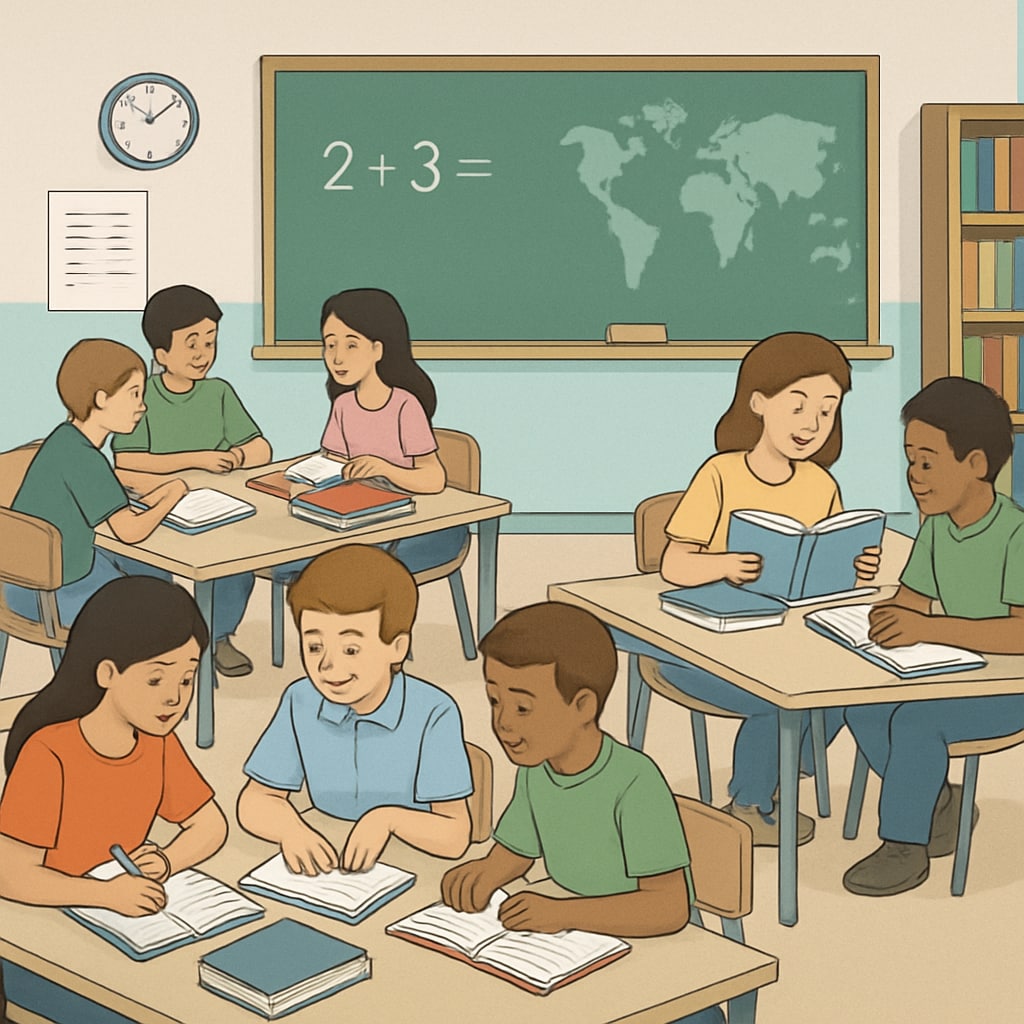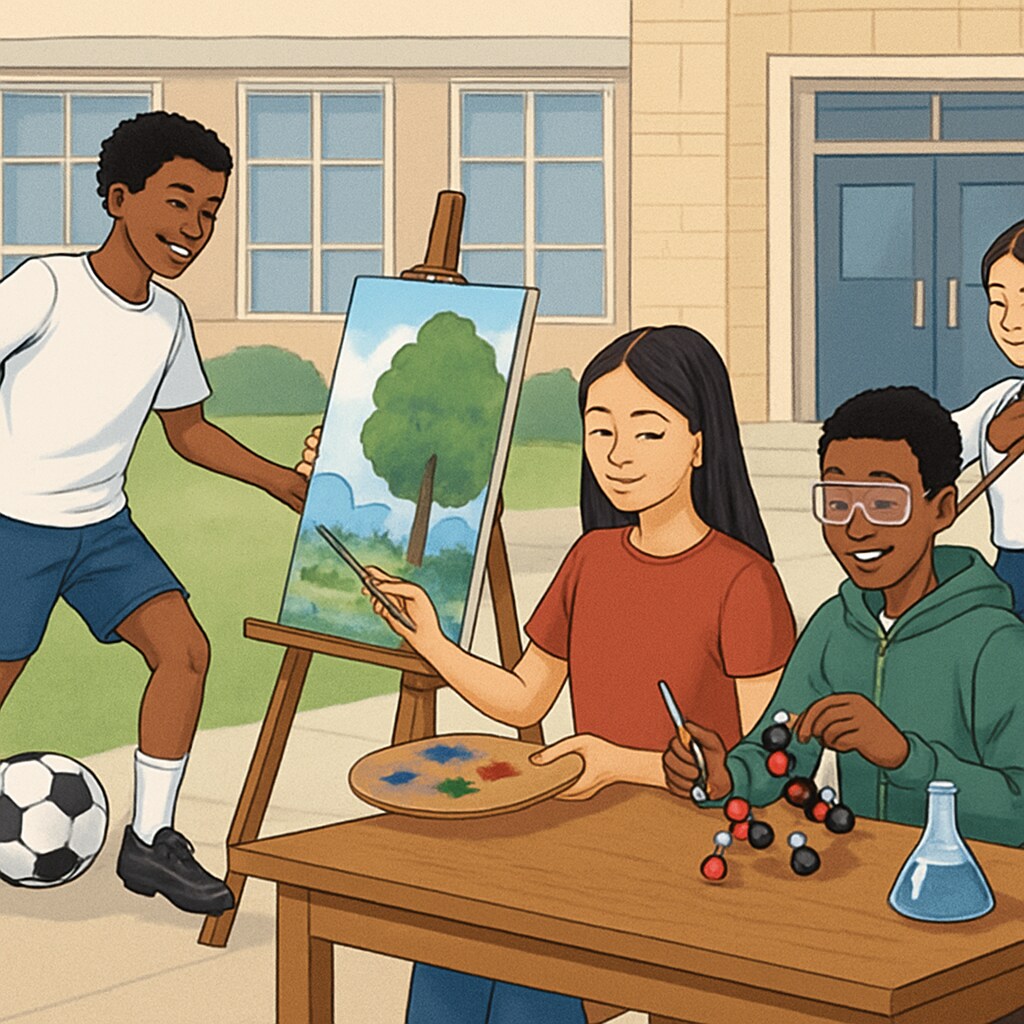For many students and parents, the stress surrounding GCSE results, academic anxiety, and career path decisions can feel overwhelming. These pivotal exams are often viewed as defining moments in a student’s life, shaping their future academic and career opportunities. However, it is essential to recognize that success in education is not limited to exam grades, and there are diverse paths to achieving personal and professional fulfillment.
Understanding the Psychological Impact of GCSE Anxiety
GCSE anxiety can have far-reaching consequences on a student’s mental health. The pressure to achieve high scores often leads to feelings of self-doubt, stress, and even clinical anxiety. According to a study conducted by the UK Department for Education, increased exam stress has been correlated with a rise in mental health issues among teenagers.
These psychological effects are not confined to the exam period. Persistent academic anxiety can hinder a student’s ability to explore diverse interests, develop critical life skills, or even enjoy the learning process itself. As a result, it is crucial for educators and parents to foster a supportive environment where students can focus on their overall growth rather than just their exam performance.

Redefining Success Beyond Grades
While GCSE results can open doors to certain academic opportunities, they are not the sole determinant of success. Many successful professionals have taken unconventional paths, proving that grades alone do not define potential. Success can be redefined by prioritizing creativity, problem-solving abilities, interpersonal skills, and resilience.
Parents and educators play a pivotal role in encouraging students to explore alternative measures of success. For example, internships, extracurricular achievements, and volunteering can provide valuable experience and build confidence. These activities not only enrich a student’s resume but also help them discover passions that may lead to fulfilling career paths.

Embracing Diverse Career Paths
One common misconception is that GCSE results directly determine career paths. While certain professions may have specific academic requirements, others value skills and experiences that are not tied to exam grades. For instance, creative industries such as graphic design, filmmaking, and entrepreneurship often prioritize portfolios, innovative thinking, and networking over academic qualifications.
Moreover, vocational training, apprenticeships, and certifications offer alternatives to traditional academic routes. These paths can lead to high-paying, rewarding careers in fields like technology, healthcare, trades, and more. Students should be encouraged to explore these options and understand that the definition of success is personal and multifaceted.
Building a Healthy Academic Mindset
To combat academic anxiety, it is important to instill a healthy mindset about education. Here are some actionable tips for students and parents:
- Set realistic goals: Focus on gradual improvement rather than perfection.
- Encourage open communication: Discuss feelings of stress and seek support from teachers, counselors, or family members.
- Prioritize well-being: Balance study time with hobbies, social interactions, and exercise.
- Celebrate achievements: Acknowledge milestones, regardless of whether they are academic or personal.
For more information on how to manage academic anxiety, resources like BBC Bitesize and Mind UK offer invaluable guidance for students and families.
Conclusion: Success Is a Journey, Not a Destination
While GCSE results, academic anxiety, and career path concerns are significant aspects of a student’s life, they should not overshadow the broader picture of growth and self-discovery. Success in education is about much more than grades—it encompasses the development of character, resilience, and the ability to adapt to life’s challenges.
By redefining success and embracing diverse career paths, students can unlock their potential and find fulfillment on their own terms. Parents and educators must work together to create an environment where students feel empowered to explore their passions, without the undue pressure of academic perfection.


